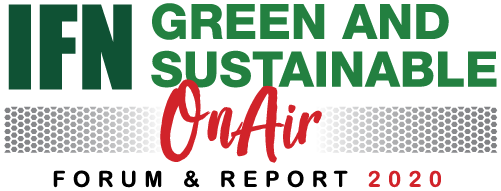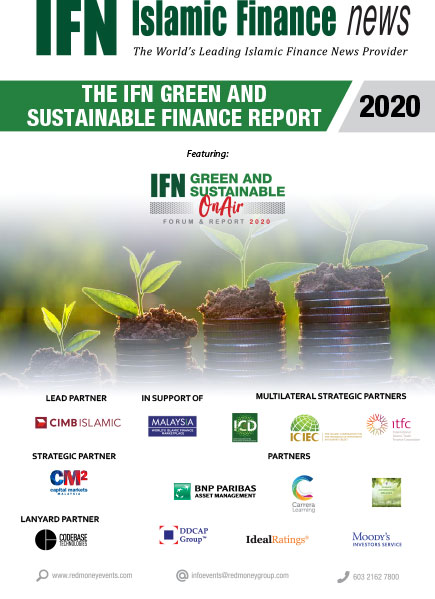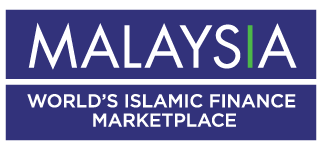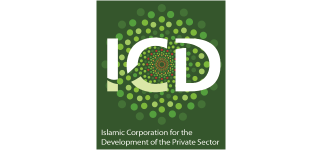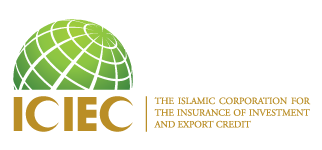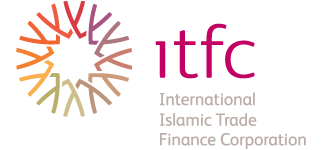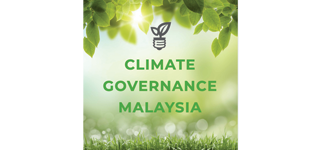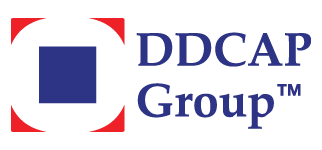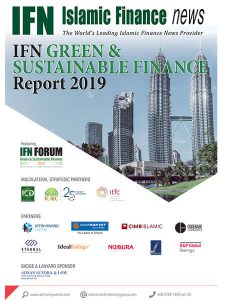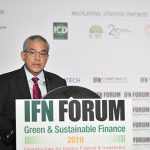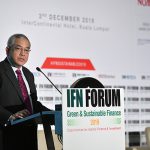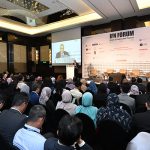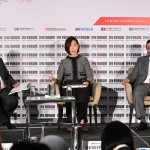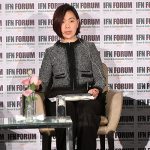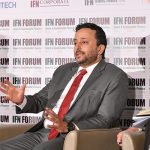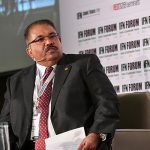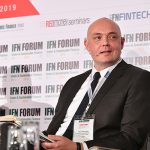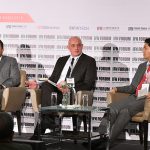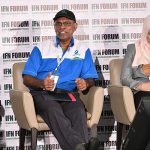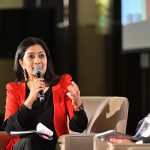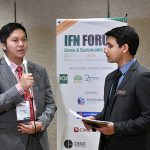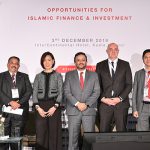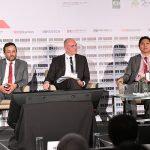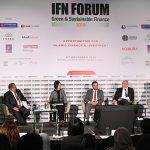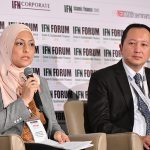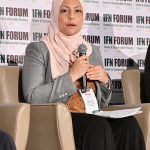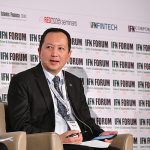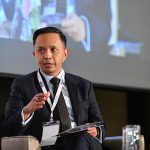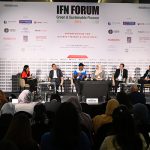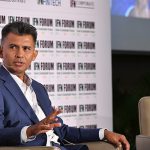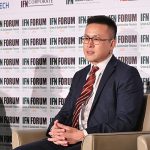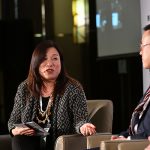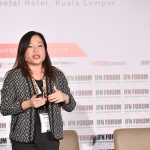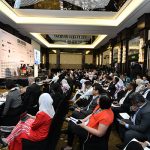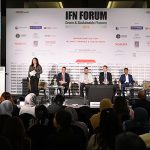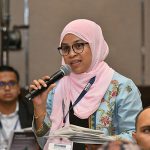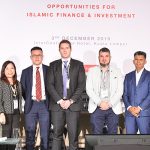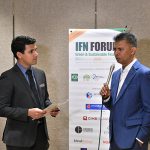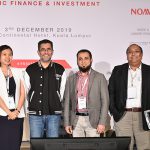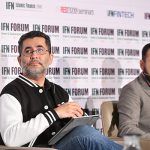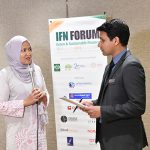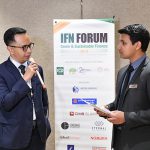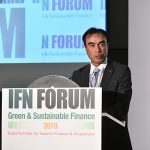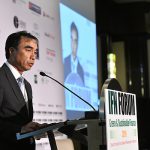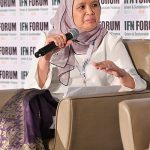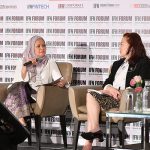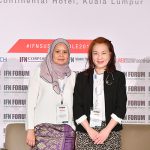Sharifatul Hanizah Said Ali
Executive Director, Islamic Capital Market Development, Securities Commission Malaysia
Date: 14th & 15th December 2020
Venue: Online
Attendees:
HASHTAG #ifnevents
POST EVENT REPORT
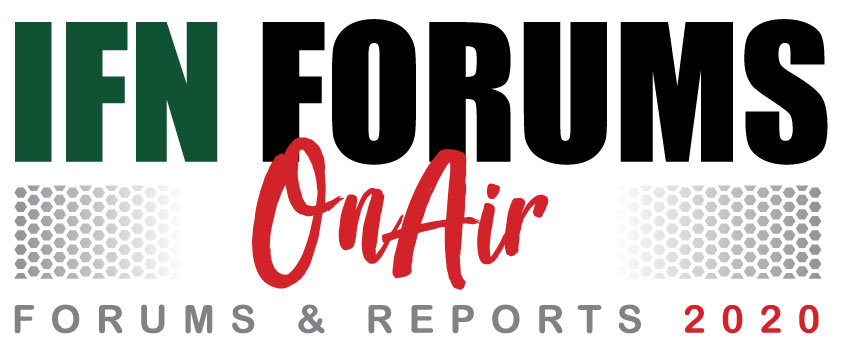
The IFN Forum OnAir Experience
Introducing IFN Forum OnAir, our exclusive online custom-built platform with your convenience in mind. IFN OnAir guarantees your full access to all of the event speakers through our interactive real-time features. Register now to experience IFN Forum OnAir.
- Key features of the IFN FORUM On Air Experience:
- Virtually interactive and engaging online event experience for each attendee
- Experience seamless interactive features — agenda, live Q&A sessions, activity feed, polling and networking among delegates
- Flexible and accessible online capabilities at your convenience, including the option to catch up on missed sessions once you have registered
- A user-friendly interface that is accessible on any of your desktop, tablet and mobile devices — anywhere around the globe
- An exclusive post-event report for all registered attendees
- VIP access and information to our upcoming IFN Forums
ABOUT THE FORUM
The United Nations Commission on Trade and Development (UNCTAD) recently estimated that in order to adequately fund the 17 Sustainable Development Goals (SDGs) in developing countries, US$5 trillion to US$7 trillion will be required in annual investments by 2030. Fulfilling this ambitious financial requirement presents not only challenges, but also significant opportunities.
The recent introduction of regulatory frameworks and initiatives promoting the development of sustainable finance across Southeast Asia has highlighted the significance and relevance of this important and fast-growing sector. With more corporates, financial institutions, government bodies and regulators becoming aware of Sustainable Development Goals, countries offering environments conducive for the growth of sustainable finance and investment will see tangible and long-term benefits.
Forum Agenda

We ask a respected panel to identify and discuss significant events and imminent major global shifts in policy, regulation, behaviour and activity, how these influence responsible and sustainable finance and the implications for investors and financial institutions. What is ‘Green Incentivization’, which regions and governments are driving this and how will it influence the financial landscape? Do we need standardized sustainability disclosure and reporting standards and should issuers of ESG ratings be made more accountable? If so, how? What is the impact of policy action by governments in the areas of energy systems, renewables, transport and agriculture, and can policy transition risk be identified and measured? How can forward-looking tools such as scenario analysis assist in the development of relevant, effective financial regulatory frameworks to allow for the management and mitigation of climate risk? Are UN SDGs still attainable, and if not what do we do? What do all these factors mean for the strategies, activities and objectives of regulators, financial institutions, issuers and investors and what options does Islamic finance offer?

Firoz Abdul Hamid
Writer and Analyst

Dr Adam Ng
Sustainable Finance Expert, WWF-Malaysia

Gabriel Wilson-Otto
Global Head of Sustainability Research, BNP Paribas Asset Management

Hussam Sultan
Regional Head, Commercial and Transaction Banking (Islamic), CIMB

Jennifer Schwalbenberg
Associate Director, DDCAP Group

Martina Macpherson
SVP Strategic ESG Engagement, Moody’s

Sunita Rajakumar
Founder, Climate Governance Malaysia

Water Cheung
Senior Partner, CEO Asia Pacific, StormHarbour Securities (Hong Kong)
What do social, recovery and pandemic bonds offer and are these instruments effective and fit for purpose? Beyond credit, what types of vehicles will we see financing sustainable, social and humanitarian projects and what do Islamic finance structures offer? With Green bonds and Sukuk among the world’s fastest growing asset classes, what new and exciting opportunities do these structures offer? Do retail investors play a role? What is the evolution of disclosure requirements and regulatory frameworks for green issuers? What asset classes and investment strategies represent tangible transition from high to low or zero carbon and from ‘at-risk’ to sustainable? How do investors manage rapidly changing taxonomies, sustainability reporting and disclosure requirements and keep track of what investments can be defined as sustainable? How are large, institutional investors playing a progressive role and what SRI-related demands are they making on investment managers? Are investors using green bond and Sukuk issuance as an indicative measure of an issuer’s low-carbon positioning, and how can organizations take advantage of this? We seek the views of a respected panel.

Dr Renard Siew
Advisor, Centre for Governance and Political Studies

Cedric Rimaud
Program Manager, Climate Bonds Initiative

Leila Kamdem-Fotso
Sustainable Finance Expert, Partner, Mazars

Nicholas Gandolfo
Director – Sustainable Finance Solutions (Asia Pacific), Sustainalytics

Nicole Martens
Head: Africa and Middle East, United Nations Principles for Responsible Investment

Tayyaba Rasheed
Head of Investment Banking Group, Faysal Bank
ADVISORY BOARD

Firoz Abdul Hamid
Writer and Analyst

Hussam Sultan
Regional Head, Commercial and Transaction Banking (Islamic), CIMB

Sunita Rajakumar
Founder, Climate Governance Malaysia

Tayyaba Rasheed
Head of Investment Banking Group, Faysal Bank
Last Visit to Kuala Lumpur
Date: 3rd December 2019
Venue: InterContinental Hotel, Kuala Lumpur
Attendees: 300
Speakers: 26 Speakers
The United Nations Commission on Trade and Development (UNCTAD) recently estimated that in order to adequately fund the 17 Sustainable Development Goals (SDGs) in developing countries, US$5 trillion to US$7 trillion will be required in annual investments by 2030. Fulfilling this ambitious financial requirement presents not only challenges, but also significant opportunities.
The recent introduction of regulatory frameworks and initiatives promoting the development of sustainable finance across Southeast Asia has highlighted the significance and relevance of this important and fast-growing sector. With more corporates, financial institutions, government bodies and regulators becoming aware of Sustainable Development Goals, countries offering environments conducive for the growth of sustainable finance and investment will see tangible and long-term benefits.
Islamic finance plays an important role. Firstly, through the development of effective sell-side capital market products such as Green Sukuk in order to fund sustainable and humanitarian projects and initiatives. Secondly, to provide and channel investment from Shariah compliant asset managers and institutional investors to such initiatives.
This one-day event, developed by REDmoney Events, will focus on the opportunities presented by the growth of ethical, sustainable and responsible finance to the Islamic banking, finance and investment industry in Southeast Asia and beyond. Through a series of engaging keynotes, interviews and panels we shall explore how Islamic and sustainable finance can become more closely interlinked, and how Shariah compliant financial institutions and asset managers can play a greater role towards the achievement of Sustainable Development Goals, including the alleviation of disease and reduction of global displacement. We also examine how the Islamic finance industry can, through effective guidance and funding, help facilitate the development of key, strategic sectors, including education, healthcare, housing and agriculture.
For any inquiries contact us
Our team will be glad to answer any questions you may have about this event.

